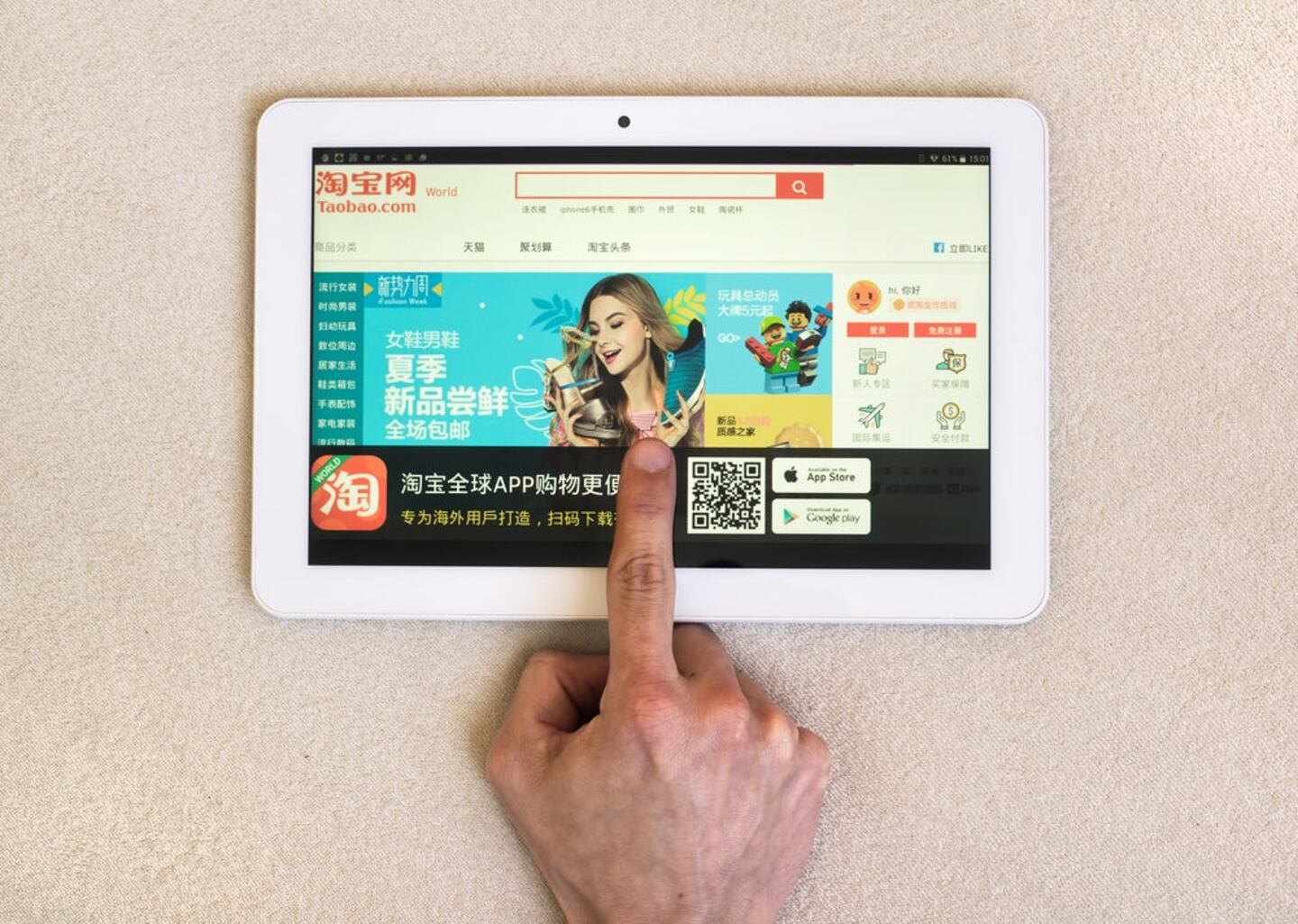
The Business of Fashion
Agenda-setting intelligence, analysis and advice for the global fashion community.

Agenda-setting intelligence, analysis and advice for the global fashion community.

NEW YORK, United States — The U.S. Trade Representative put Alibaba's Taobao on its blacklist for the second year in a row over suspected counterfeits sold on the shopping platform, a move the Chinese e-commerce giant said did not reflect its IP-protection efforts.
Alibaba Group Holding Ltd's hugely popular Taobao Marketplace is one of 25 online markets that along with 18 physical markets made the USTR's annual list of the world's most "notorious markets" for sales of pirated and counterfeit goods.
Taobao, China's largest e-commerce marketplace and its third-most popular website, stayed off the list from 2012 to 2015, but was included in 2016 and now again in 2017.
While Taobao's inclusion does not carry any direct penalties, it is a blow to Alibaba's efforts to shed perceptions that its sites are riddled with fakes and that its anti-piracy policies are inadequate.
ADVERTISEMENT
"A high volume of infringing products reportedly continue to be offered for sale and sold on Taobao.com and stakeholders continue to report challenges and burdens associated with IP enforcement on the platform," the USTR said.
The agency acknowledged Alibaba's efforts to curb the sale of infringing products on Taobao, but said the prevalence of infringing listings and sales remained a challenge. (http://bit.ly/2D4LN1c)
Alibaba defended itself saying it had made using its IP protection programs easier, which led to an 11 percent increase in registries, and it also noted a 25 percent drop in takedown requests as it removed infringing listings even before they reached its marketplaces.
"In light of all this, it's clear that no matter how much action we take and progress we make, the USTR is not actually interested in seeing tangible results," Alibaba Group President Michael Evans said in a statement.
The USTR said Alibaba's data did not directly reflect the scope and status of the counterfeiting problem on Taobao, but was merely suggestive of progress in its anti-counterfeit efforts.
It also noted that those efforts appeared to be more towards addressing the concerns of global brands rather than small and medium businesses.
"It is incumbent upon Alibaba to develop more effective means to address the concerns of the full range of U.S. businesses that continue to find infringing versions of their products for sale on Taobao.com."
With consumers tightening their belts in China, the battle between global fast fashion brands and local high street giants has intensified.
Investors are bracing for a steep slowdown in luxury sales when luxury companies report their first quarter results, reflecting lacklustre Chinese demand.
The French beauty giant’s two latest deals are part of a wider M&A push by global players to capture a larger slice of the China market, targeting buzzy high-end brands that offer products with distinctive Chinese elements.
Post-Covid spend by US tourists in Europe has surged past 2019 levels. Chinese travellers, by contrast, have largely favoured domestic and regional destinations like Hong Kong, Singapore and Japan.